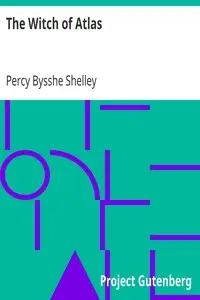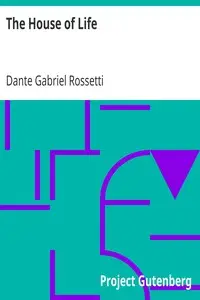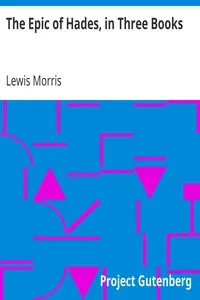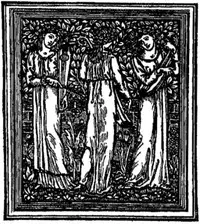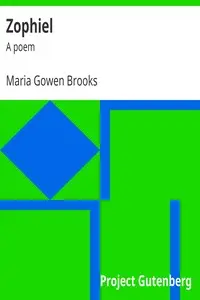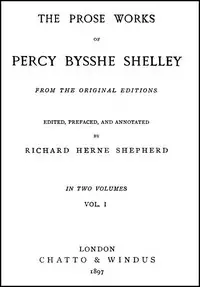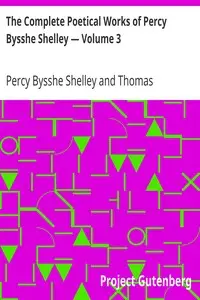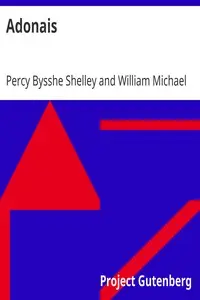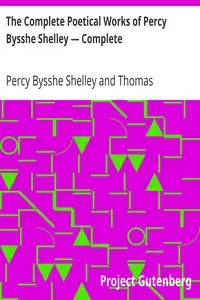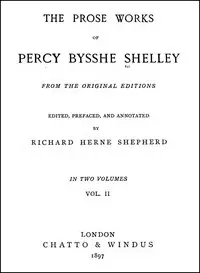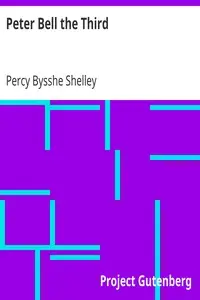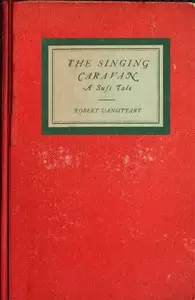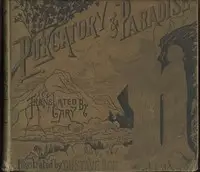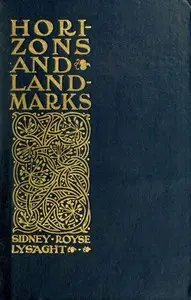"The Daemon of the World" by Percy Bysshe Shelley is a narrative poem from the Romantic era that looks at big ideas about life, nature, and what it means to be human. It shows an otherworldly realm where spirits and human souls mix with the universe, discussing death and renewal themes. A spirit of nature and a demon from the sky go on a journey, thinking about the beautiful and sad parts of life and death. The story introduces a sleeping girl named Ianthe, who stands for innocence. As the Daemon comes down from above, he and the spirit talk about deep questions about existence. The poem is filled with strong images, showing the difference between dying and the hope of coming back to life, and the chance for a future where people rise above pain and sadness, highlighting the strength of love, beauty, and humanity's dream of a more peaceful life.
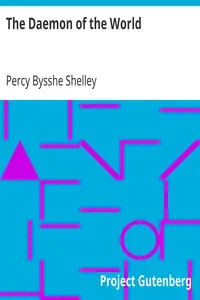
The Daemon of the World
By Percy Bysshe Shelley
Embark on a celestial journey where a demon and a spirit contemplate life, death, and the potential for humanity's rebirth from suffering.
Summary
About the AuthorPercy Bysshe Shelley was an English writer who is considered one of the major English Romantic poets. A radical in his poetry as well as in his political and social views, Shelley did not achieve fame during his lifetime, but recognition of his achievements in poetry grew steadily following his death, and he became an important influence on subsequent generations of poets, including Robert Browning, Algernon Charles Swinburne, Thomas Hardy, and W. B. Yeats. American literary critic Harold Bloom describes him as "a superb craftsman, a lyric poet without rival, and surely one of the most advanced sceptical intellects ever to write a poem."
Percy Bysshe Shelley was an English writer who is considered one of the major English Romantic poets. A radical in his poetry as well as in his political and social views, Shelley did not achieve fame during his lifetime, but recognition of his achievements in poetry grew steadily following his death, and he became an important influence on subsequent generations of poets, including Robert Browning, Algernon Charles Swinburne, Thomas Hardy, and W. B. Yeats. American literary critic Harold Bloom describes him as "a superb craftsman, a lyric poet without rival, and surely one of the most advanced sceptical intellects ever to write a poem."

